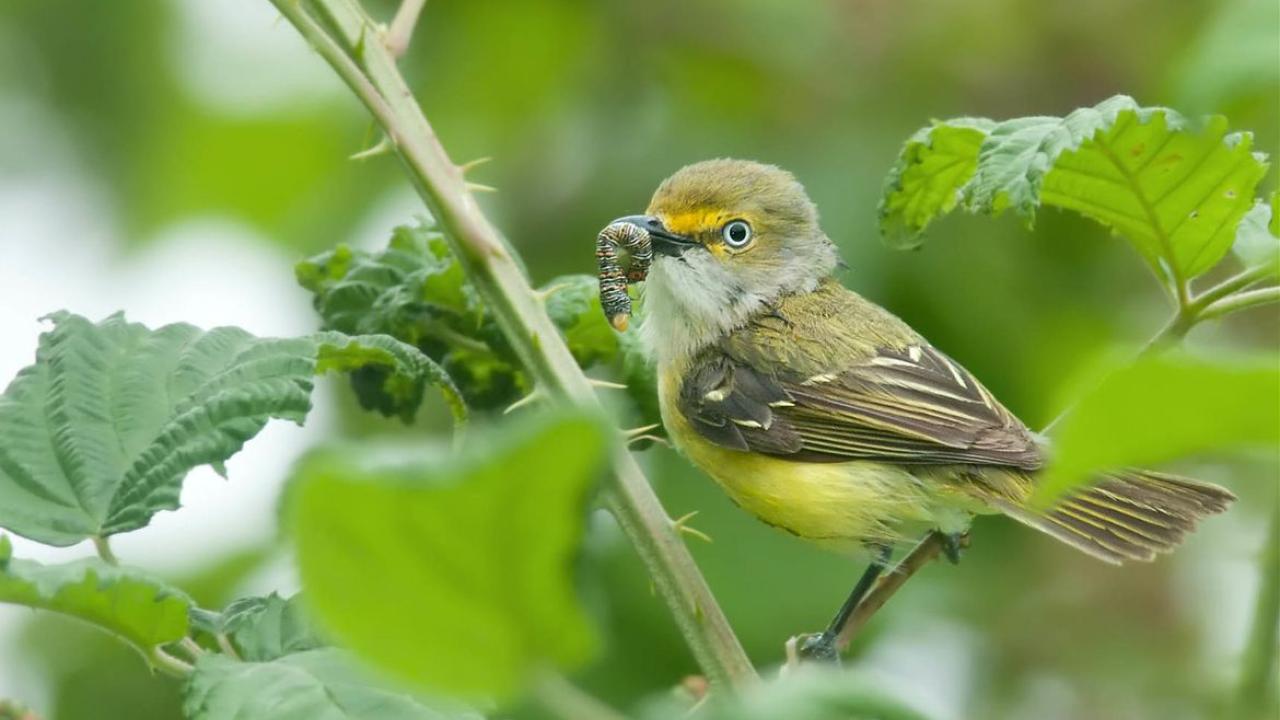Rising global temperatures are making it harder for birds to know when it’s spring and time to breed according to a new study collaboration between scientists at UCLA and Michigan State University. The study found that birds produce fewer young if they start breeding too early or late in the season. With climate change resulting in earlier springlike weather, the researchers report that birds have been unable to keep pace.
“By the end of the 21st century, spring is likely to arrive about 25 days earlier, with birds breeding only about 6.75 days earlier,” said the study’s first author, Casey Youngflesh, who led the research as a postdoctoral researcher at UCLA. “Our results suggest that breeding productivity may decrease about 12% for the average songbird species.”
For migratory species, that discrepancy means that the time between when they arrive at their breeding sites and breeding itself is likely to get shorter as springlike conditions begin earlier. Birds need time to establish territories and prepare physiologically for egg-laying and rearing their young, so that change could cause even greater disturbances to reproduction.
“North America has lost nearly a third of its bird populations since the 1970s,” Morgan Tingley, a UCLA associate professor of ecology and evolutionary biology and the study’s senior author said. “While our study demonstrates that the worst impacts of timing mismatch likely won’t occur for several decades yet, we need to focus now on concrete strategies to boost bird populations before climate change takes its toll.”
Read more at UCLA Newsroom.
Image Source: Kelly Colgan Azar/Flickr





